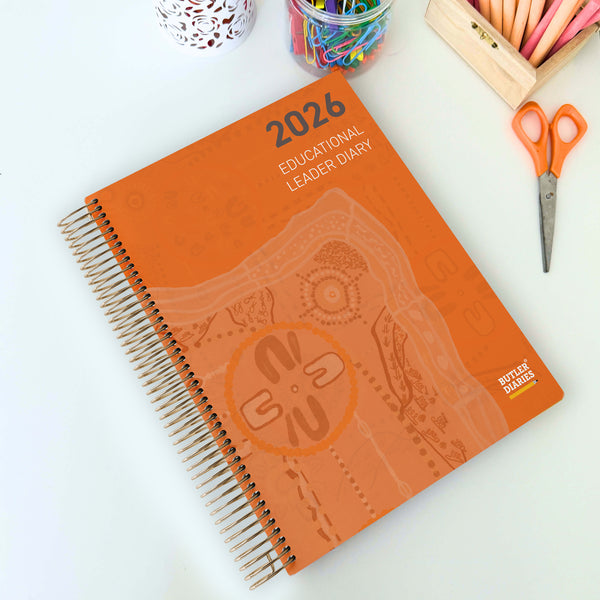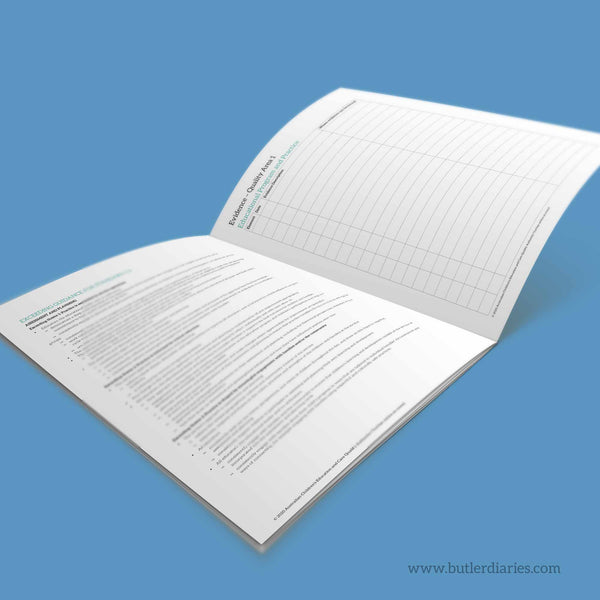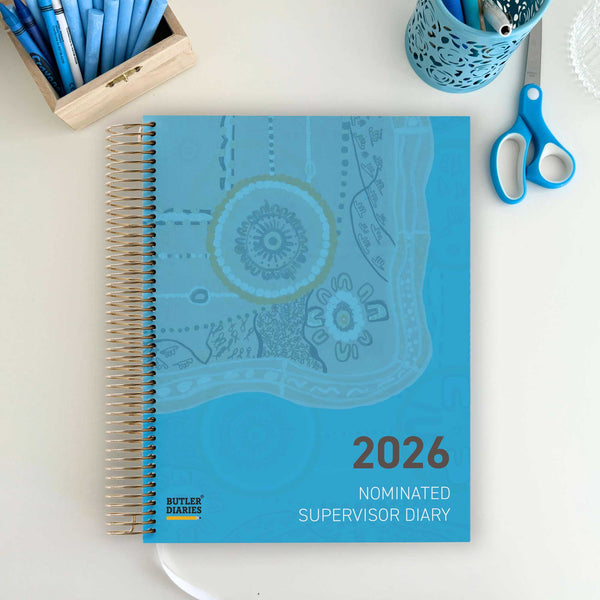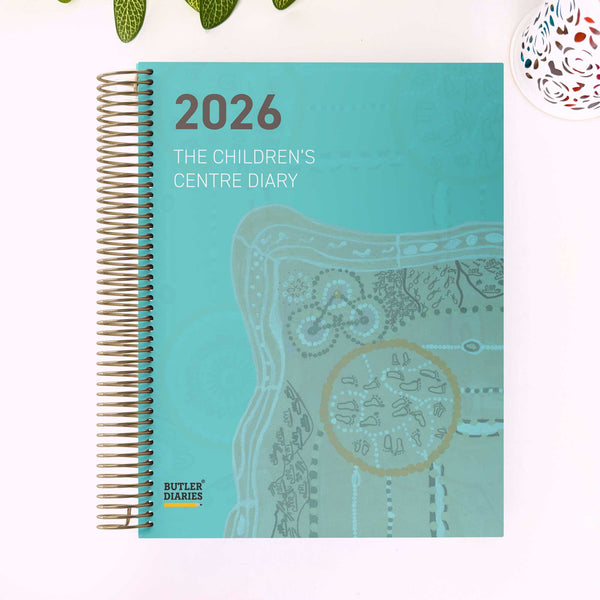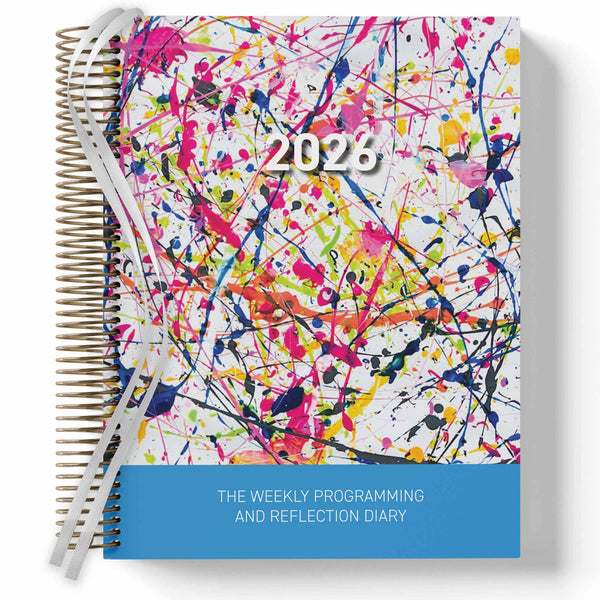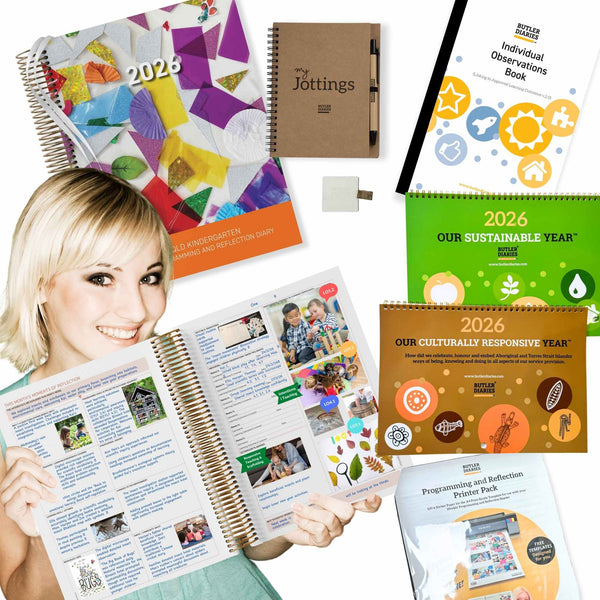Educational leaders play a pivotal role in shaping the quality and effectiveness of services provided. Their responsibilities are multifaceted, but three key areas stand out as essential to their role: curriculum development and implementation, professional development and support, and quality improvement and compliance.
Curriculum Development and Implementation
At the heart of an educational leader's role is the oversight of curriculum development and implementation. This responsibility ensures that the educational program aligns with the Early Years Learning Framework (EYLF) and other relevant standards. Educational leaders are instrumental in guiding educators to create and deliver a curriculum that meets the diverse developmental needs of all children. They advocate for a holistic and inclusive approach to learning, ensuring that the curriculum supports children's physical, social, emotional, and cognitive development.
Educational leaders work collaboratively with educators to design engaging and meaningful learning experiences. They support the integration of play-based learning, intentional teaching, and culturally responsive practices into the daily program. By fostering an environment of continuous improvement, educational leaders ensure that the curriculum evolves to meet the changing needs of children and the broader community.

Professional Development and Support
Supporting and mentoring educators is another critical responsibility of educational leaders. They play a key role in the professional growth of their team by providing ongoing development opportunities. This includes facilitating training sessions, workshops, and reflective practice meetings that help educators stay informed about the latest research, pedagogical strategies, and regulatory requirements.
Educational leaders encourage a culture of reflective practice, where educators regularly evaluate and refine their teaching methods. By promoting continuous learning, they help educators build confidence, enhance their skills, and stay motivated. This support is essential for maintaining a high standard of education and care, as well as fostering a positive and collaborative work environment.

Quality Improvement and Compliance
Ensuring that the ECEC service meets regulatory and quality standards is a critical aspect of an educational leader's role. They lead continuous improvement initiatives by conducting regular self-assessments and implementing strategies to address areas for development. Educational leaders are responsible for ensuring compliance with the National Quality Standards (NQS) and other relevant regulations.
In preparation for assessment and rating visits, educational leaders maintain thorough documentation and records. They lead the service through the assessment process, ensuring that all practices and procedures align with the required standards. By fostering a culture of quality improvement, educational leaders ensure that the service continually strives to provide the best possible outcomes for children and families.

Tools for Educational Leaders
Capture and record curriculum development and your reflective conversations with educators, plan and record professional development and lead in continuous quality improvement with the Educational Leader Diary. For support on how to get the most from your Educational Leader Diary, check out our quick guide to the Educational Leader Diary with examples and download the free checklist, 'Expectations of Educational Leaders'.
And if you're looking for tools to support your team, check out our programming and reflection resources for educators.

Conclusion
The role of an educational leader in ECEC is both challenging and rewarding. By excelling in curriculum development and implementation, professional development and support, and quality improvement and compliance, educational leaders create a positive and impactful learning environment. Their dedication to these responsibilities not only enhances the quality of education and care but also supports the growth and development of both children and educators. In this way, educational leaders play a crucial role in shaping the future of Early Childhood Education and Care.









